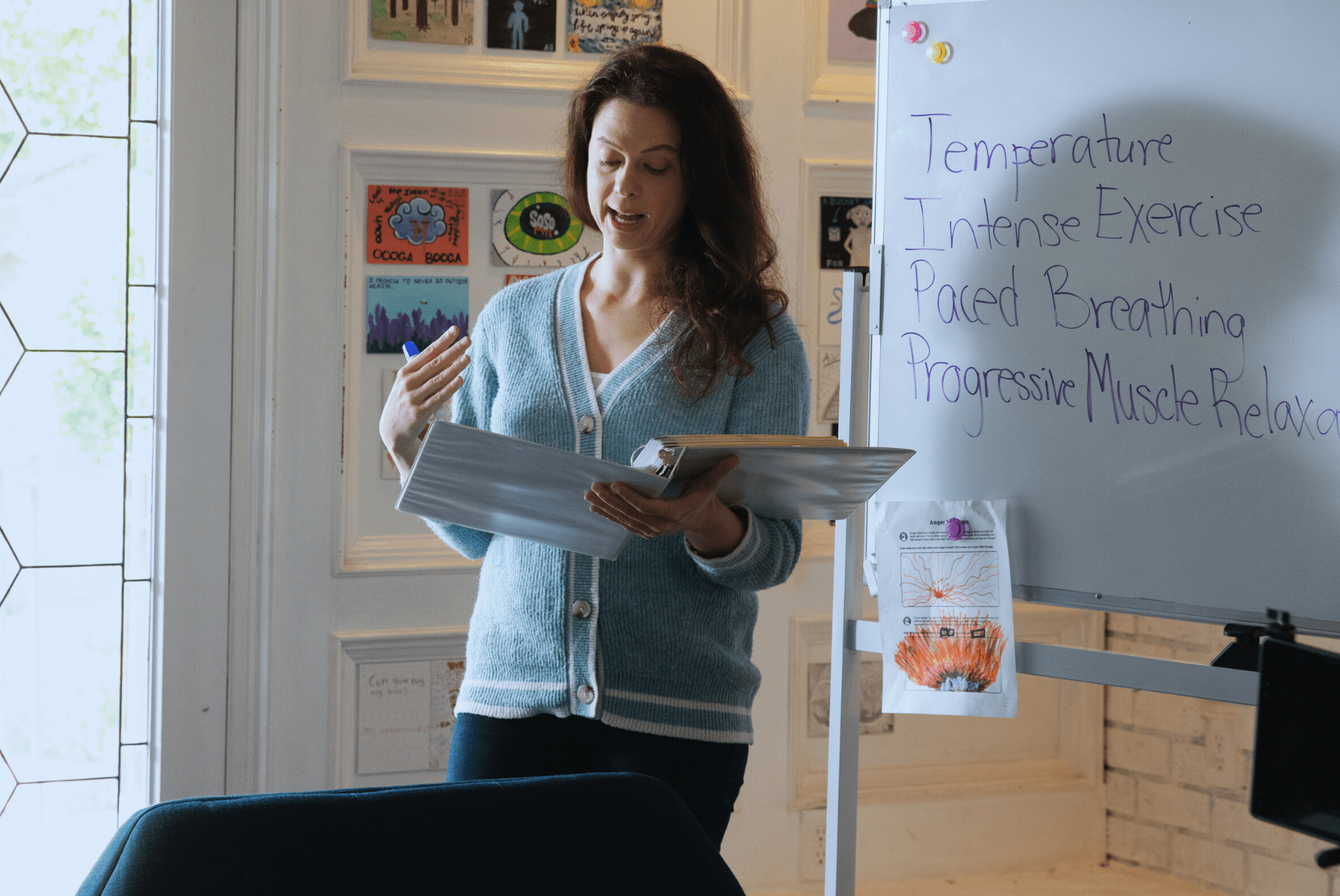In the realm of equitable education, fostering inclusivity stands as a fundamental principle. At the heart of this effort lies the indispensable role of inclusion specialists. But who exactly are these professionals, and what is an inclusion specialist? This comprehensive guide aims to unravel the essence of an inclusion specialist—examining their definition, responsibilities, and significance. We will explore how these experts champion diverse learners, collaborate with teachers and parents, and facilitate inclusive practices within educational settings. Whether you’re a student, parent, educator, or simply intrigued by inclusive education, this guide offers invaluable insights into the pivotal role of an inclusion specialist.
What is an Inclusion Specialist

So, what is an inclusion specialist, exactly? An inclusion specialist is an expert in promoting inclusive education by creating an environment that accommodates the diverse needs of all learners. These professionals possess in-depth knowledge and expertise in supporting students with disabilities, special needs, or other challenges.
Their primary responsibility is to collaborate with teachers, parents, and other stakeholders to develop strategies, interventions, and individualized plans that ensure equal access to education for every student. Inclusion specialists facilitate professional development, provide guidance on inclusive practices, and promote collaboration among educators to create inclusive classrooms.
They advocate for students, offer support, and foster a positive and welcoming learning environment that celebrates diversity and empowers every learner to reach their full potential.
Popular Job Titles for Inclusion Specialists
In the dynamic field of inclusive education, numerous inclusion specialist jobs cater to professionals dedicated to fostering inclusivity and supporting diverse learners. These popular job titles encompass a range of roles, each contributing uniquely to the pursuit of equitable education.
Popular job titles for inclusion specialists may include:
- Inclusion Specialist
- Special Education Inclusion Specialist
- Inclusive Education Coordinator
- Diversity and Inclusion Specialist
- Educational Equity Specialist
- Student Support Specialist
- Inclusive Learning Advocate
- Inclusion Program Manager
- Disability Services Coordinator
- Inclusive Classroom Consultant
Best Industries for Inclusion Specialists

Education: Inclusion specialists are highly sought after in the education sector, working in K-12 schools, colleges, and universities to promote inclusive practices and support diverse learners.
Nonprofit Organizations: Many nonprofit organizations focus on promoting inclusivity and providing support for individuals with disabilities or special needs. Inclusion specialists play a crucial role in developing and implementing inclusive programs and initiatives within these organizations.
Government Agencies: Government agencies, such as departments of education or disability services, often employ inclusion specialists to ensure equitable access to education and services for individuals with diverse needs.
Healthcare and Rehabilitation: Inclusion specialists can find opportunities in healthcare settings, including hospitals, rehabilitation centers, and community clinics, where they contribute to creating inclusive environments for patients with disabilities or special needs.
Consulting Firms: Furthermore, specialists may work as consultants, offering their expertise to various organizations, schools, or businesses seeking guidance on implementing inclusive practices and fostering diversity and inclusion.
Training and Development: Inclusion specialists can work in the field of training and development, designing and delivering workshops, seminars, and professional development programs to educate educators, professionals, and other stakeholders on inclusive practices.
Advocacy and Policy Organizations: Organizations dedicated to disability rights, inclusion advocacy, and policy reform often employ inclusion specialists to lead initiatives, advocate for inclusive policies, and ensure the rights and needs of individuals with disabilities are addressed.
Social Services: As an inclusion specialist, you can work in social service agencies, providing support and resources to individuals with disabilities, facilitating community integration, and promoting inclusive opportunities.
Research and Academia: Inclusion specialists may pursue careers in research institutions and academia, conducting studies, publishing scholarly articles, and contributing to the advancement of inclusive education practices and policies.
Corporate Diversity and Inclusion Initiatives: With an increasing emphasis on diversity and inclusion in the corporate world, some companies hire inclusion specialists to develop and implement strategies that promote inclusivity and ensure equal opportunities for all employees.
Types of Certification an Inclusion Specialist Needs
While certification requirements for inclusion specialists vary depending on the region and educational institution, obtaining an inclusion specialist certification can be highly beneficial.
Some certifications relevant to this role include the National Association of Special Education Teachers (NASET) Inclusion Specialist Certification and the Council for Exceptional Children (CEC) Inclusion Specialist Certification.
These certifications validate the expertise and knowledge of professionals in implementing inclusive practices, collaborating with stakeholders, and supporting diverse learners.
Additionally, completing coursework or obtaining a degree in Special Education or Inclusive Education can enhance an inclusion specialist’s qualifications and understanding of best practices in the field. Researching specific certification requirements and programs in one’s desired location is advisable to ensure compliance with local regulations and professional standards.
How to Start a Career in Diversity and Inclusion as an Inclusion Specialist

Starting a career in diversity and inclusion as an inclusion specialist involves several key steps:
- Begin by pursuing a relevant degree in fields such as Special Education, Inclusive Education, or a related discipline.
- You can also start by gaining practical experience through volunteer work, internships, or entry-level positions in inclusive educational settings or organizations focused on diversity and inclusion. This should bolster your efforts to network, find, and obtain inclusion specialist jobs.
- Engage in professional development opportunities, attend workshops, and seek out certifications like the National Association of Special Education Teachers (NASET) Inclusion Specialist Certification or Council for Exceptional Children (CEC) Inclusion Specialist Certification.
- You may also want to network with professionals who have successfully established careers as inclusion specialists. Join relevant organizations, and stay updated on current research and best practices in inclusive education.
- Continuously build your knowledge, skills, and connections to carve a successful career path as an inclusion specialist in the field of diversity and inclusion.
In conclusion, we hope we have thoroughly answered the question of what is an inclusion specialist. To be sure, the role of an inclusion specialist in fostering inclusive education is paramount. By championing diverse learners, collaborating with stakeholders, and promoting inclusive practices, inclusion specialists play a vital role in creating a positive and empowering learning environment.












